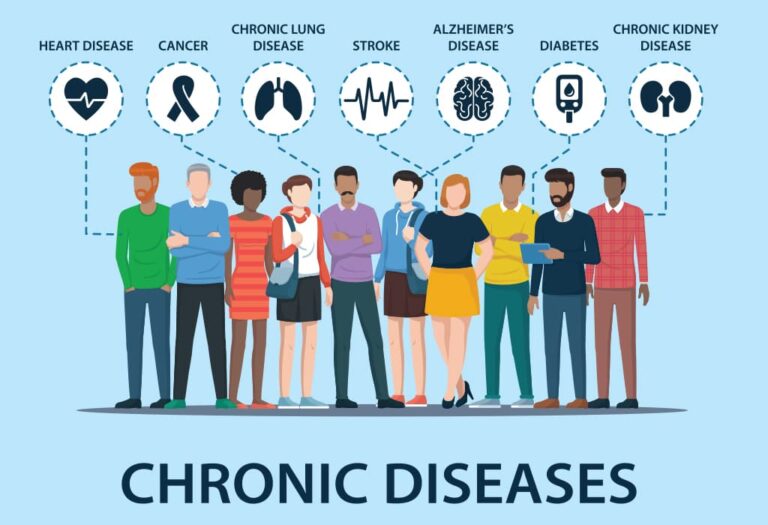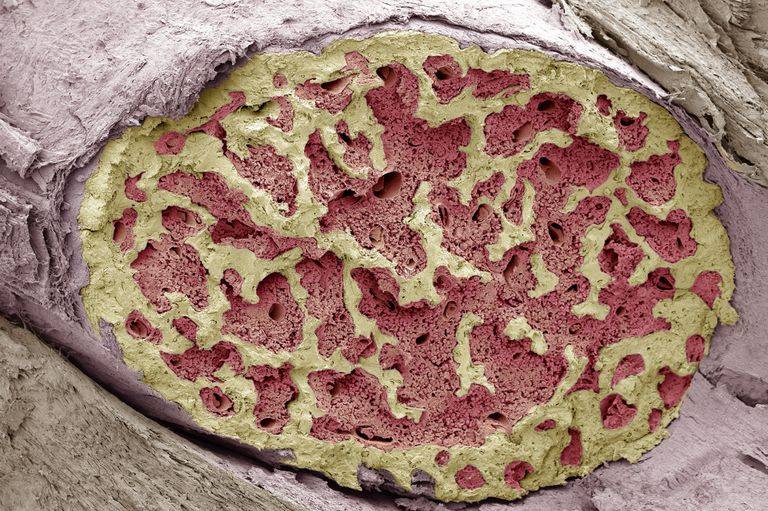Understanding Miscarriage: It’s not your Fault
Author: Giselle Robel
Giselle Robel
Category: Health
Tags: health, miscarriage, miscarriages
What is a miscarriage?
 Misca
Misca
Miscarriage is when an embryo or fetus dies before the 20th week of pregnancy. Miscarriage usually happens early in your pregnancy 8 out of 10 miscarriages happen in the first 3 months.
As many as 50% of all pregnancies end in miscarriage — most often before a woman misses a menstrual period or even knows they're pregnant. About 15%-25% of recognized pregnancies will end in a miscarriage.
More than 80% of miscarriages happen within the first 3 months of pregnancy. Miscarriages are less likely to happen after 20 weeks. When they do, doctors call them late miscarriages.
But even though miscarriage is common, it can still be emotionally difficult. Feelings of grief and loss are normal after losing a pregnancy is absolutely devastating.
The medical term for miscarriage is spontaneous abortion. But it isn’t an abortion in the common meaning of the term.
Symptoms
Symptoms of a miscarriage include:
- Bleeding that goes from light to heavy
- Severe cramps
- Belly pain
- Weakness
- Worsening or severe back pain
- Fever with any of these symptoms
- Weight loss
- White-pink mucus
- Contractions
- Tissue that looks like blood clots passing from your vagina
- Fewer signs of pregnancy
If you have these symptoms, contact your doctor right away. They'll tell you whether to come to the office or go to the emergency room.
Causes
Most miscarriages happen when the unborn baby has fatal genetic problems. Usually, these problems are not related to the mother.
Other problems that can increase the risk of miscarriage include:
- Infection
- Medical conditions in the mother, such as diabetes or thyroid disease
- Hormonal problems
- Immune system responses
- Physical problems in the mother
- Uterine abnormalities
- Smoking
- Drinking alcohol
- Using street drugs
- Exposure to radiation or toxic substances
It can be difficult to know exactly why a miscarriage happened, but it's almost never caused by something the pregnant person did. Normal activities like sex, exercise, working, and taking most medicines do NOT cause a miscarriage. Minor injuries, like falling, don't generally cause a miscarriage either.
Other causes
Here are some other things that may have caused miscarriages:
- When the fertilized egg has an abnormal number of chromosomes (genes). This happens at random, so you can't prevent it or cause it to happen.
- Certain illnesses, like severe diabetes, can increase your chances of having a miscarriage.
- A very serious infection or a major injury may cause miscarriage.
- Late miscarriages after 3 months may be caused by abnormalities in the uterus.
- If you've had more than 2 miscarriages in a row, you're more likely to have a miscarriage.
Risk Factor
A woman has a higher risk of miscarriage if she’s:
- Are over age 35
- Have certain diseases, such as diabetes or thyroid problems
- Have had three or more miscarriages
Cervical insufficiency. A miscarriage sometimes happens when the mother has a weakness of the cervix. Doctors call this a cervical insufficiency. It means that the cervix can't hold the pregnancy to a full-term pregnancy. This type of miscarriage usually happens in the second trimester.
There are usually few symptoms before a miscarriage caused by cervical insufficiency. You may feel sudden pressure, your water might break. And tissue from the baby and placenta could leave your body without much pain.
What are the different types of miscarriages?
There are several types of miscarriages. And here are the following:
- Threatened miscarriage You have vaginal bleeding and may have mild cramps, but your cervix stays closed. Half of the time, the bleeding stops and your pregnancy go on normally. The other half of threatened miscarriages becomes inevitable miscarriages, and end up in pregnancy loss.
- Inevitable miscarriage You have increased bleeding, and your cervix opens. If this happens, there's no chance for your pregnancy to continue.
- Incomplete miscarriage Some of the pregnancy tissue comes out of your uterus, and some stays inside. You may need follow-up treatment to remove the remaining tissue.
- Complete miscarriage All the pregnancy tissue comes out of your uterus. You usually don't need any extra treatment.
- Missed miscarriage You have no cramps or bleeding. But ultrasound shows an embryo without a heartbeat or an empty, pregnancy sac without an embryo. Usually the tissue passes on its own, but you may need treatment.
Miscarriage Diagnosis
To check whether you’ve had a miscarriage or not, your doctor will do the following:
- A pelvic exam. They'll check to see if your cervix has been dilated.
- An ultrasound test. This test uses sound waves to check for a baby's heartbeat. If the results aren't clear, you may go back for another test in a week.
- Blood tests. The doctor uses them to look for the pregnancy hormones in your blood and compare it to past levels. They may also test you for anemia if you've been bleeding a lot.
- Tissue tests. If tissue left your body, the doctor may send it to a lab to confirm that you had a miscarriage. It can also help make sure there wasn't another cause for your symptoms.
- Chromosome tests. If you've had two or more miscarriages, the doctor might do these tests to see if you or your partner's genes are the cause.
Miscarriage Treatments
At least 85% of women who have miscarriages have subsequent normal pregnancies and births. Having a miscarriage does not necessarily mean you have a fertility problem. On the other hand, about 1%-2% of women may have repeated miscarriages (three or more). And some believe this to be related to an autoimmune response.
If the miscarriage is complete and your uterus is empty, you probably won't need further treatment.
However, there are cases that sometimes not all the tissue comes out. If that happens, your doctor might do a dilation and curettage (D&C) procedure. They'll dilate your cervix and gently remove any remaining tissue. There are also medications you can take that cause any tissue left in your uterus to leave your body. This may be a better option if you want to avoid surgery.
Treatments for miscarriage include medicines or procedures that are very similar to those used for abortion. During an aspiration, a nurse or doctor puts a thin plastic tube into your uterus and removes the pregnancy tissue with gentle suction.
If it's later in the pregnancy and the fetus has died in the womb, the doctor will induce labor and delivery.
When the bleeding stops, you should be able to go back to your normal activities. If your cervix dilated on its own, but you're still pregnant, you could have a condition known as incompetent cervix. Your doctor might do a procedure to close it called cerclage.
Additional Treatment
If your blood type is Rh negative, the doctor may give you a blood product called Rh immune globulin (Rhogam). This prevents you from developing antibodies that could harm your baby or any future pregnancies.
You may get blood tests, genetic tests, or medication if you've had more than two miscarriages in a row (recurrent miscarriage). To diagnose this condition, your doctor might use tests like:
- Pelvic ultrasound
- Hysterosalpingogram, An X-ray of the uterus and Fallopian tubes
- Hysteroscopy. The doctor uses a thin, telescope-like device inserted through your vagina and cervix to look inside your uterus
If you’ve had two miscarriages in a row, use a form of birth control and talk to your doctor about tests to find the cause













